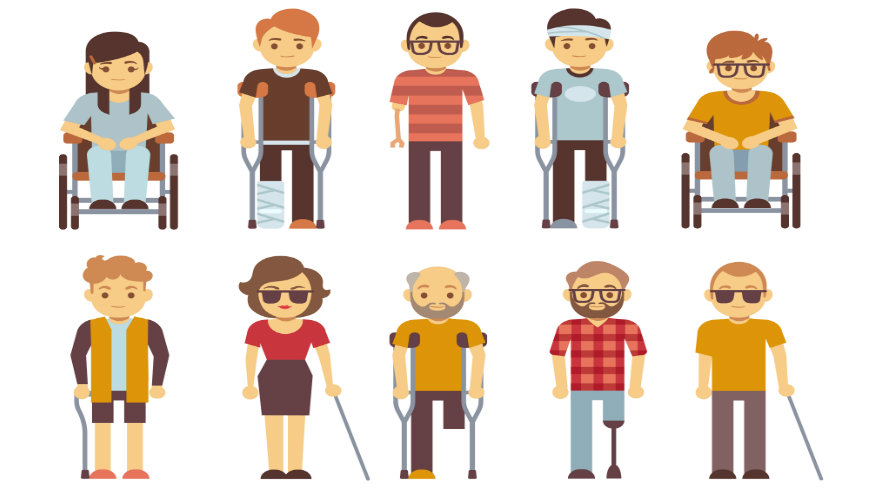By Akanimo Sampson
A seeming disturbing report says one billion people in the world who are estimated to be living with disabilities are facing serious challenges that hamper their participation in the world of work and place them at greater risk of poverty and social exclusion.
According to the new report, five key objectives need to be met if people with disabilities are to benefit from the major trends shaping the new world of work.
Across eight geographical regions, an average of 36 percent of working-age persons with disabilities is in employment compared to 60 percent of the general population.
As consumers, persons with disabilities represent more than $1.2 trillion in annual disposable income, and, as societies age, this market for goods and services is expected to increase, the study says.
Making the future of work inclusive of people with disabilities is a joint publication of the (International Labour Organisation) ILO Global Business and Disability Network, Fundación ONCE and KPMG Spain. It was developed within the framework of Disability Hub Europe.
The report clearly pointed out that new megatrends are reshaping the world of work and have the potential to improve the quality of life and work, albeit coming with significant challenges. These trends are related to technology, skills, cultural change, demographic shifts, and climate change.
While the report argued that if disadvantaged groups, including persons with disabilities, are to benefit from these transformations a new roadmap is needed, it, however, advised, “the consequences of (these trends is) unclear, but the rise in inequality and the effects on those more disadvantaged sectors of society, such as persons with disabilities, are a matter of concern….and a growing strategic risk.”
The authors identified five key objectives necessary if persons with disabilities are to be included in the future of work. These are: New forms of employment and employment relations must integrate disability inclusion; skills development and lifelong learning must be inclusive.
The others are, new infrastructure, products, and services must follow the principles of Universal Design (meaning they can be accessed, understood and used by all); assistive technologies must be affordable and available, and more measures to include persons with disabilities in growing and developing areas of the economy are needed.
In addition, social protection systems are an important complement to achieve a future of work inclusive of those with disabilities.
The report points out that an explicit reference to the need to ensure equal opportunities and treatment for persons with disabilities is included in the call for a human-centred approach to the future of work, outlined in the ILO Centenary Declaration for the Future of Work, adopted by the ILO’s member States in June 2019.
Head of the ILO’s Gender, Equality and Diversity Branch, Shauna Olney, said: “not enough companies are including disability in their work on diversity and inclusion, even though the benefits are increasingly proven.”
|

